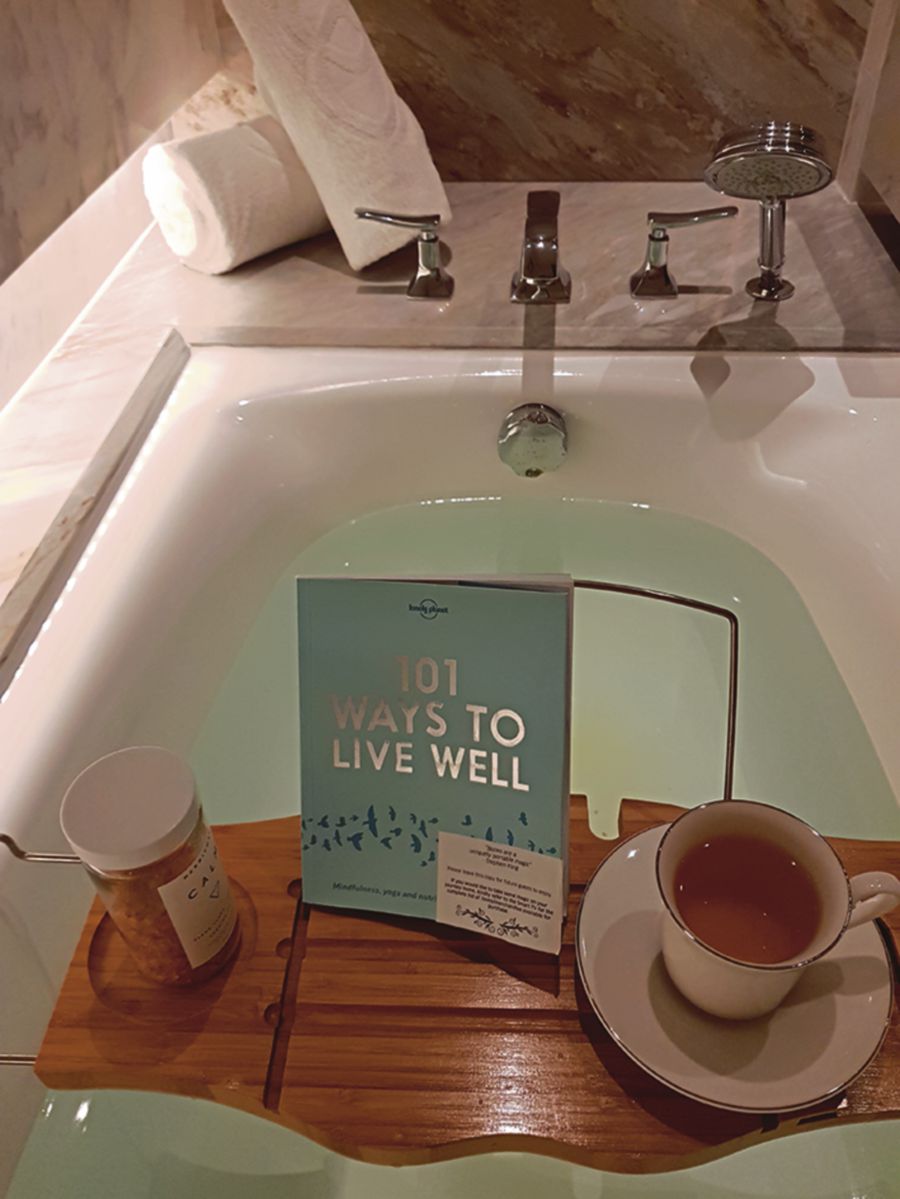LET me paint you a picture of what it's like to go through a pandemic when you live alone.
You wake up and go ahead with your usual morning routine. This will be done quietly, as the day is still very early. This seems like a nice thing at first because no one likes to wake up to chaos.
Then you start working from home, and your work life, which was previously filled with friendly colleagues, meetings with a lot of people and lunch breaks with friends, is now just you, alone with your computer.
Before you know it, the day has passed, the sun is gone and it is already dark outside. You wrap up work, eat dinner and go to bed.
Every day is the same routine. There are no surprises because you are stuck at home, with the same furniture and in the same living room. Eventually, as the months pass, it's almost like you are living in a time loop.
Occasionally, social media tell you what's going on around you. That is about all the connection you have with the outside world and other humans — through a phone screen.
THE HUMAN CONNECTION
I don't think I ever truly realised the importance of connecting with others until I was stuck at home without any contact with another human being.
Pre-Covid-19, I had always been somewhat of a loner, even as a college student. I preferred staying in my room and reading books or watching movies.
I also enjoy travelling alone and I am not a very social person. However, Covid-19 has taken social isolation to a whole new level, leaving me completely devoid of human interaction.
I've noticed that it has affected my mental health. I experience mood swings for no reason, not being able to wake up early, feeling lethargic and even crying when watching Wonder Woman on TV.
I have also experienced reduced interest in my usual hobbies. More importantly, I have been finding it hard to write, something I have always enjoyed. The feeling is like I am being mentally imprisoned.
I have been finding ways to relieve these impacts of isolation. In this sense, I thank the Internet for being "resourceful" in giving me ideas and methods to get myself out of the "funk".
What works for me is to consistently call and talk to family and friends, being active on social media, going for walks, getting involved in charity and joining online live group exercise classes.
One of my main takeaways from this experience is that you need to establish some level of connection with others, in whatever form that is available during these tough times.
I even have friends who turned to a certified therapist. I do commend those who are brave enough to take charge of their mental health.

MENTAL HEALTH DURING A PANDEMIC
Being alone by choice versus being alone because it is enforced upon you brings about two different effects.
The latter makes you feel like a hamster in a cage, subjected to a small space with the same routine over and over with no outlet for relief or change in scenery.
I have learnt that it is important to validate your emotions and mental state. It is easy to repress them, thinking that your problems are irrelevant compared to those who are facing harder challenges during this pandemic.
Whether you're living with family, friends or even alone, social isolation has an impact, shifting us all into a new norm that is vastly different from the life we are used to.
Will we ever revert to our previous lifestyle? Who knows? In the meantime, it is imperative for us to take care of our mental health as we all strive to survive this time together.
Self isolating? Get dishes delivered to you and use foodpanda Promo Code for extra discounts.




